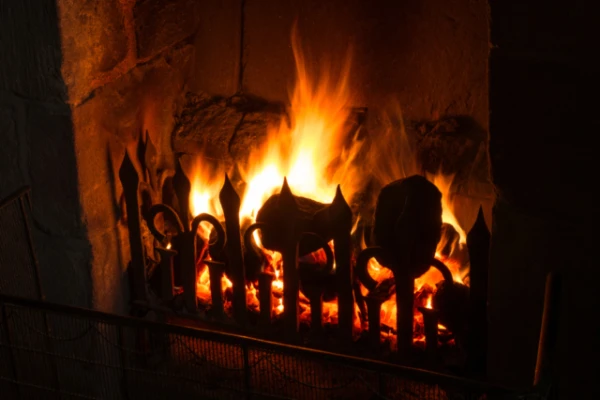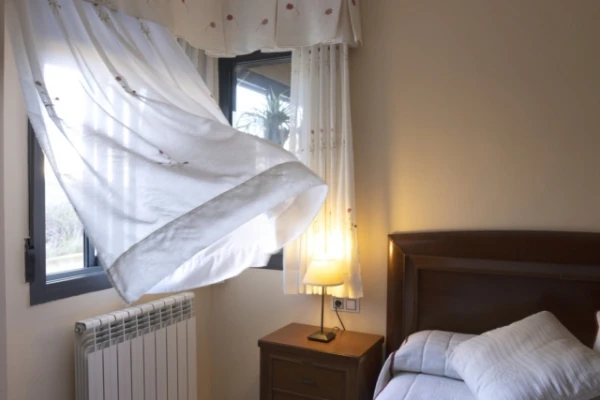
A new analysis commissioned by Global Action Plan and conducted by consulting firm Ricardo found that burning wood and coal in homes contributes to the deaths of nearly 2,500 people in the UK each year.
Experts claim that ending non-essential burning could save the National Health Service (NHS) more than £54 million a year. This is reported by The Guardian.
It is noted that wood-burning stoves and bonfires are among the largest sources of fine particulate pollution, which causes heart and lung diseases, and their use has significantly increased in recent years. The report also identifies a link between toxic air pollution and 3,700 cases of diabetes and 1,500 cases of bronchial asthma annually, although, as the authors note, the impact on public health is likely underestimated.
To date, more than 90% of residents in the UK have alternative heating sources, and only 10% claim to burn wood in their homes out of necessity. Many use stoves and fireplaces solely for aesthetic reasons.
The analysis also assessed the potential effect of expanding and strictly enforcing existing smoke control regulations. However, it was found that these measures would only prevent about 320 deaths a year and reduce healthcare system costs by approximately £11 million.













